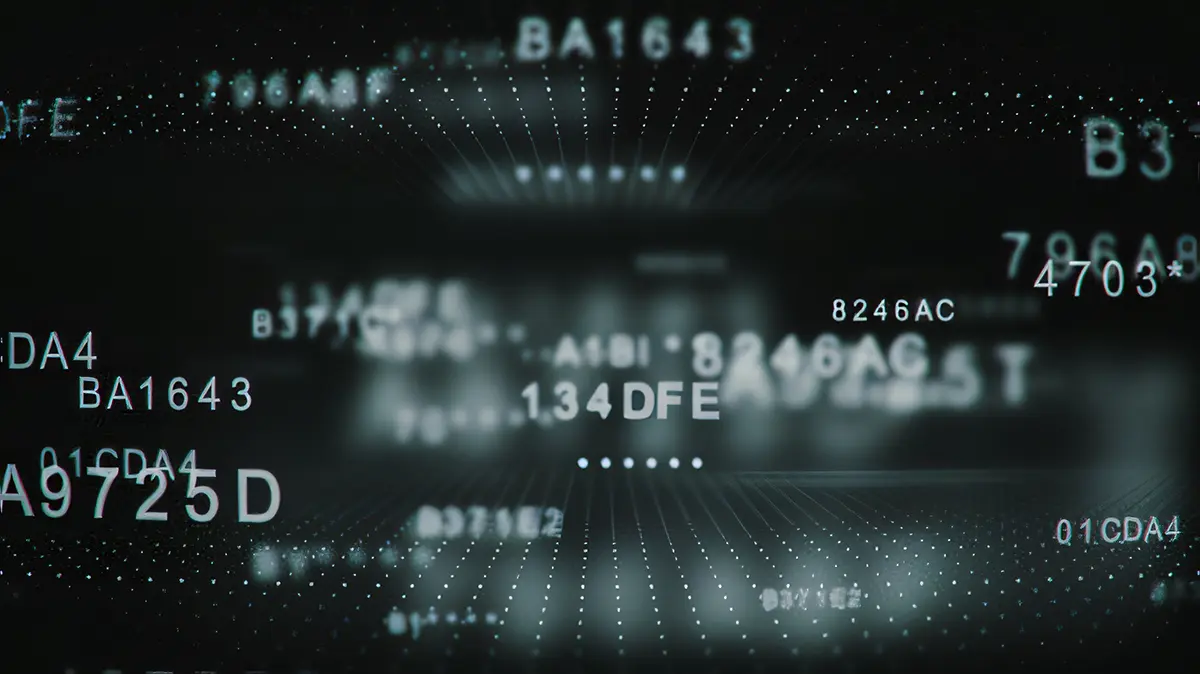Password Decryption Service: Unlocking the Mystery
Our Password Decryption Service in the digital age where passwords guard our most sensitive information, forgetting or losing access to them can be a frustrating experience. Enter password decryption services, a solution that promises to unravel the enigma of forgotten passwords and provide access to locked accounts. But what exactly are these services, how do they work, and what are the implications for security and privacy?
Understanding Password Decryption Service
Password decryption service is a third-party tool or service designed to recover or crack passwords that users have forgotten or lost access to. Our services employ various techniques, including brute-force attacks, dictionary attacks, and rainbow table attacks, to decipher encrypted passwords stored in databases or files.
How Do They Work?
- Brute-Force Attacks: This method involves systematically trying every possible combination of characters until the correct password is found. While effective, brute-force attacks can be time-consuming and resource-intensive.
- Dictionary Attacks: Dictionary attacks use precompiled lists of common passwords, words, and phrases to guess passwords more efficiently. These lists can include millions of entries, increasing the likelihood of success.
- Rainbow Table Attacks: Rainbow tables are precomputed to crack password hashes rapidly. By matching hash values to their corresponding plaintext passwords, attackers can quickly identify passwords from hashed databases.
Security and Privacy Implications
While password decryption services may offer a lifeline for users locked out of their accounts, they also raise significant security and privacy concerns:
- Ethical Considerations: Using password decryption services raises ethical questions especially if the account in question belongs to someone else or is used for malicious purposes.
- Data Breach Risk: Entrusting passwords to third-party services introduces the risk of data breaches. Users must weigh the convenience of password recovery against the potential exposure of sensitive information.
- Legality: Depending on the jurisdiction and intended use, employing password decryption services may violate laws and regulations related to unauthorized access or data protection.
- Reputation Damage: Organizations that rely on weak or easily cracked passwords may suffer reputational damage if their security practices come under scrutiny following a breach.
Best Practices for Password Management
To mitigate the need for password decryption services and enhance overall security, users and organizations should adopt the following:
- Use Strong, Unique Passwords: Create passwords that are complex and unique for each account, making them harder to crack.
- Implement Multi-Factor Authentication: Supplement passwords with additional layers of security, such as biometric verification or one-time codes.
- Regularly Update Passwords: Change passwords periodically to reduce the risk of unauthorized access.
In conclusion, while password decryption services offer a tempting solution for recovering lost passwords, they come with significant security and privacy implications. Users and organizations must balance the convenience of password recovery with the need to uphold robust security practices and protect sensitive information from unauthorized access.

